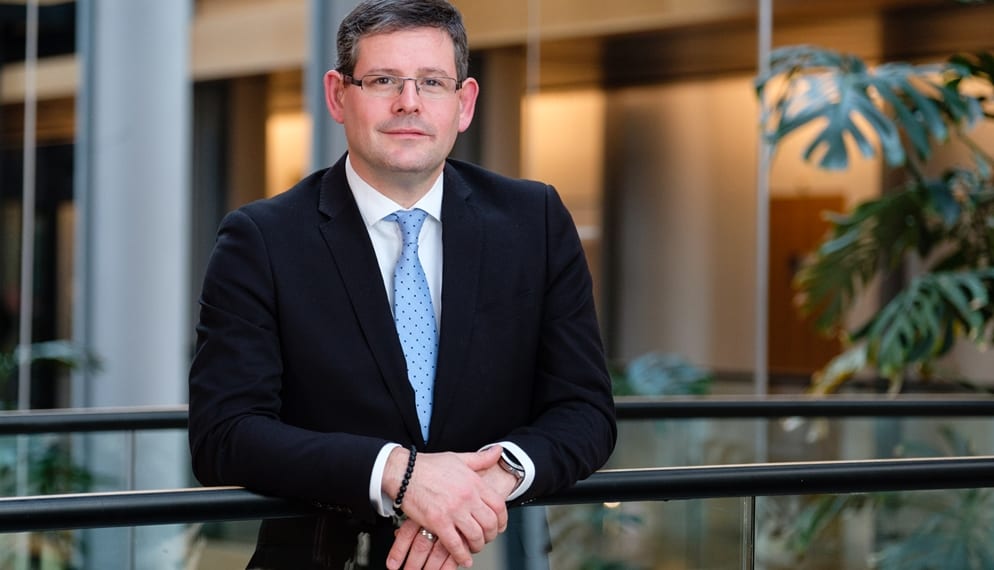
Transparent masks: Hungary sets an excellent example for the EU
2021. 02. 11.
The European Parliament held a plenary debate on transparent masks with representatives of the European Commission. MEP Ádám Kósa, who wore a transparent mask during his speech, drew attention to the fact that the obligation to wear a mask due to the coronavirus epidemic is a serious challenge for the deaf and hard of hearing worldwide. “The face covering masks make lip-reading impossible and difficult to interpret the mimicry of sign language, thus significantly hindering their communication”, the Fidesz MEP recalled.
Ádám Kósa, the first deaf Member of the EP, explained that the use of transparent masks could be a solution to the difficulties caused by wearing a mask, as this would keep the other person’s mouth and face visible. “This would be important not only for the EU’s nearly one million deaf and 51 million hard of hearing citizens, but also for small children, as they learn to read emotions from their carers’ faces, so using a transparent mask would help their natural emotional development”, he added.
“As an MEP using sign language, it is my duty to draw the European Commission’s attention to the fact that there is currently no transparent mask on the market that can be used safely, so many deaf and hard of hearing people use unapproved transparent masks putting their health at risk. And many hardly leave their homes because of the anxiety and depression caused by the fear of not being able to communicate”, stressed Ádám Kósa.
“Therefore, there is a need for the EU to financially support developers, approve transparent masks and help to spread them. Transparent masks guarantee full accessibility and non-discrimination, so that no one is left behind”, recalled the EPP Group politician.
MEP Kósa emphasized that Hungary is at the forefront of this issue and sets a good example for the whole EU. In Hungary, face shields are already available to the administrators of government customer service offices, thus facilitating communication with the deaf and hard of hearing, in which the KONTAKT online video interpreter system also plays a key role. This interpretation system allows deaf and hard of hearing people to handle official and administrative matters independently, without the physical presence of a sign language interpreter.